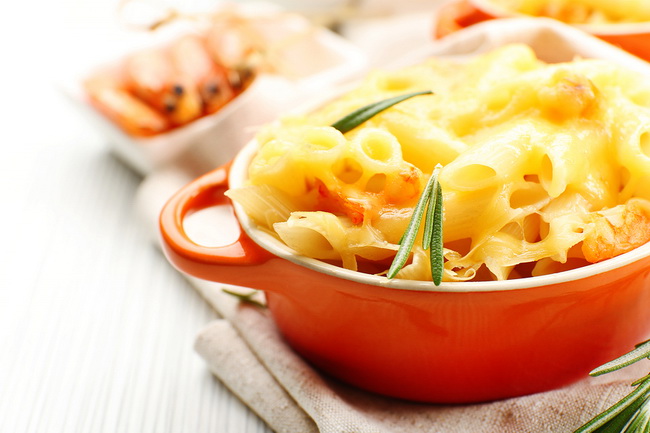- Make It Yourself Lavender Heart-Shaped Bath Bombs!
- 20 Things You Never Knew About “Down There”
- 12 Best Foods For Those Suffering From Arthritis Pain
- 12 Personal Hygiene Mistakes Almost Everyone Makes (Mom Never Told You About #4!)
- 15 Medicinal Plants And Herbs From The Cherokee People
- 12 Mind-Blowing Benefits Of Drinking Coconut Water During Pregnancy
- 12 Outstanding Winter Foods That Won’t Fatten You Up Like A Christmas Turkey
The Killer in Your Kitchen: The One Item You Probably Use Everyday

Photo credit: bigstock.com
The bottom line is that you really should avoid all non-stick cookware whenever possible. Especially if the pans are old, scratched chipped, or damaged in any way. The government doesn’t appear to have any interest in the chemical contaminants of our cookware, so you will need to take full responsibility for being aware and protecting your family (and your pets) from this killer in your kitchen.
The good news is that there are many other types of cookware available. Glass and glazed clay are terrific for cooking. If you have never had bread or pizza that has been cooked on top of a real baking stone, you don’t know what you are missing! Copper and stainless steel pans are the ones many professional chefs use, and those old fashioned cast iron pots and pans never wear out! In fact, they are a great way to get some iron in your diet and they only improve with age! A well-seasoned cast iron pan is a real pleasure to use, as the heat is evenly distributed and food rarely sticks when cooked properly. Most sticking issues come from using too high a flame, not from the pan itself.
Ceramic cookware is another great choice. They tend to be just as “non-stick” as Teflon coated pan, without the dangerous chemicals. They are super heat resistant too, with a safety rating of 850 degrees. Ceramic coated cookware conducts heat better than most traditional cookware and has absolutely no dangerous pollutants or toxic chemicals.
SEE ALSO: Top Kitchen Items that make Perfect Natural Home Remedies
Although there are plenty of cheap aluminum pans around, you should think twice about using those as well. The aluminum does come off the pans in small amounts and some studies show that aluminum builds up in the brain and might be one of the causes of Alzheimer’s. With all the other great alternatives around, why use aluminum? Copper, ceramic, stainless steel, cast iron, or clay are all terrific, safe alternatives.
Sources:


































David Lee
Feb 10, 2015 at 2:19 am
Whenever I use non-stick pans, I line them with tinfoil and then add enough water into the pan under the tinfoil to keep the food below 220 degrees as it cooks and that also keeps the pan cooler. Every time the water gets low, I add more.
CAPERNIUS
Feb 12, 2015 at 5:11 pm
I refuse to use non stick cookware….of ANY kind.
I refuse to use Aluminum as well(associated with alzheimer’s disease).
Experience has taught me that I can get BETTER results without it…
So I use cast iron, stainless steel, & copper pots & pans…
a wee bit of iron in your system(coming off the cast iron) is actually good for you & the same goes for the copper…
Now the stainless steel, I just use it because it last longer than anything else save the cast iron.